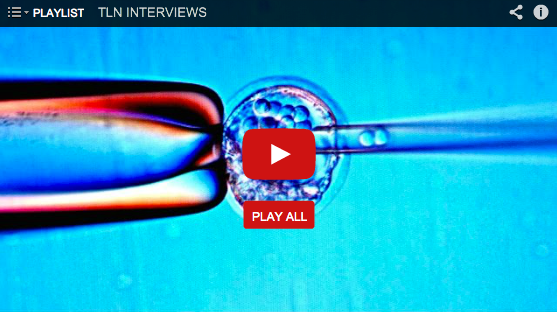Bonnie, who suffers from relapsing-remitting multiple sclerosis (MS) received a combination of human umbilical cord mesenchymal stem cells and adipose-derived cells administered daily over the course of 5 days.
Just wanted to send an update as I am really excited! I received my very first stem cells on 10/22/13, it has been less then a month and I am happy to report that I have tons more energy by balance is improving every day, I have no more foot drop and not even a healing I was looking for but I put my glasses on the other day only to find they made my vision blurry I didn’t need them, I am already saving for my next treatment! I can’t thank you all enough as I feel like I have a future with my 5 small children now, if you ever need someone to talk to future patients I would be happy to scream my praises! Looking forward to more and more improvement!
Sincerely,
Bonnie Barrington
For more information about MS clinical investigations at the Stem Cell Insitute: Stem Cell Therapy for Multiple Sclerosis


